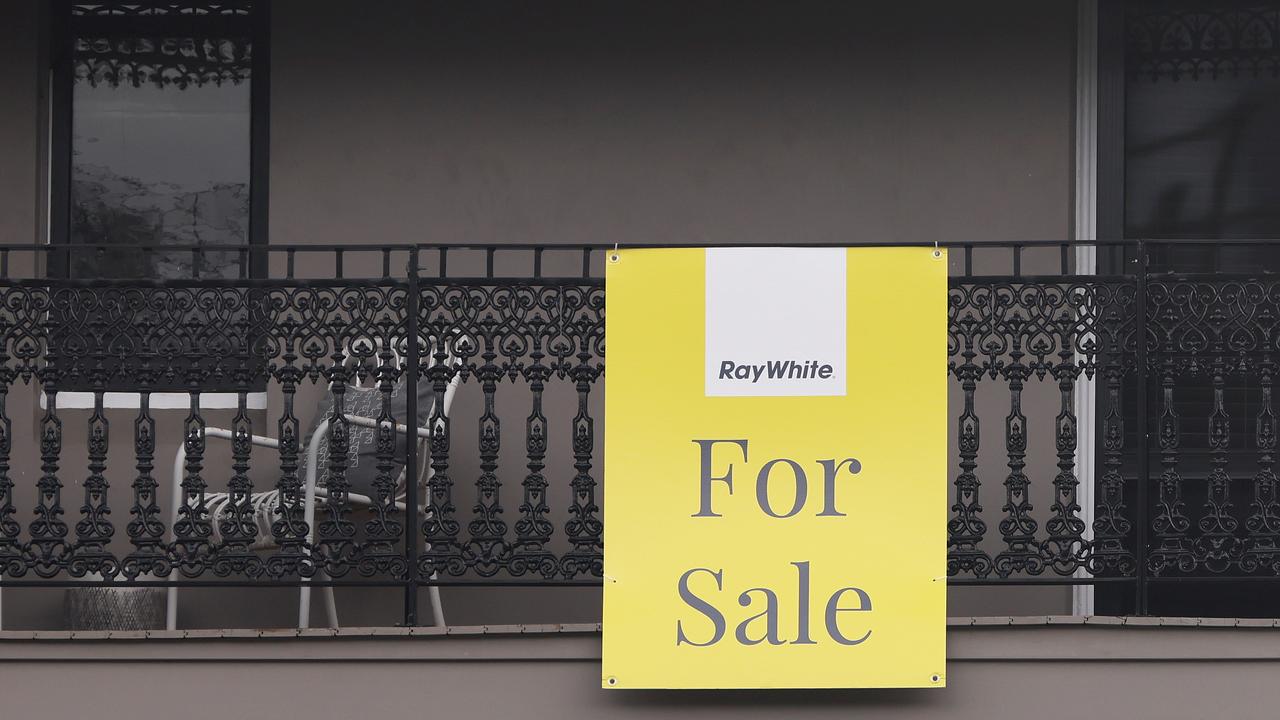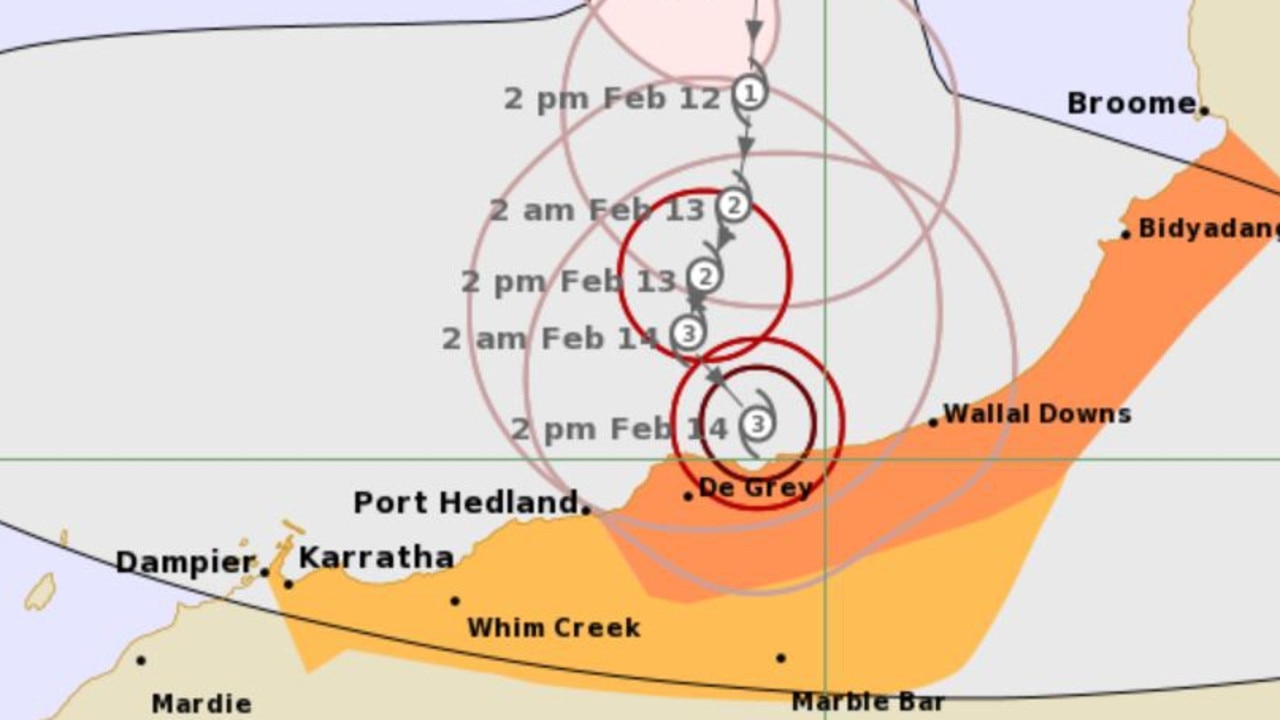‘Frozen’: Dire outcome of a Trump win – Ukraine’s loss, Putin’s victory, war in Europe
Experts have warned that a Donald Trump victory could spell disaster, embolden a murderous dictator, and spark devastating war.
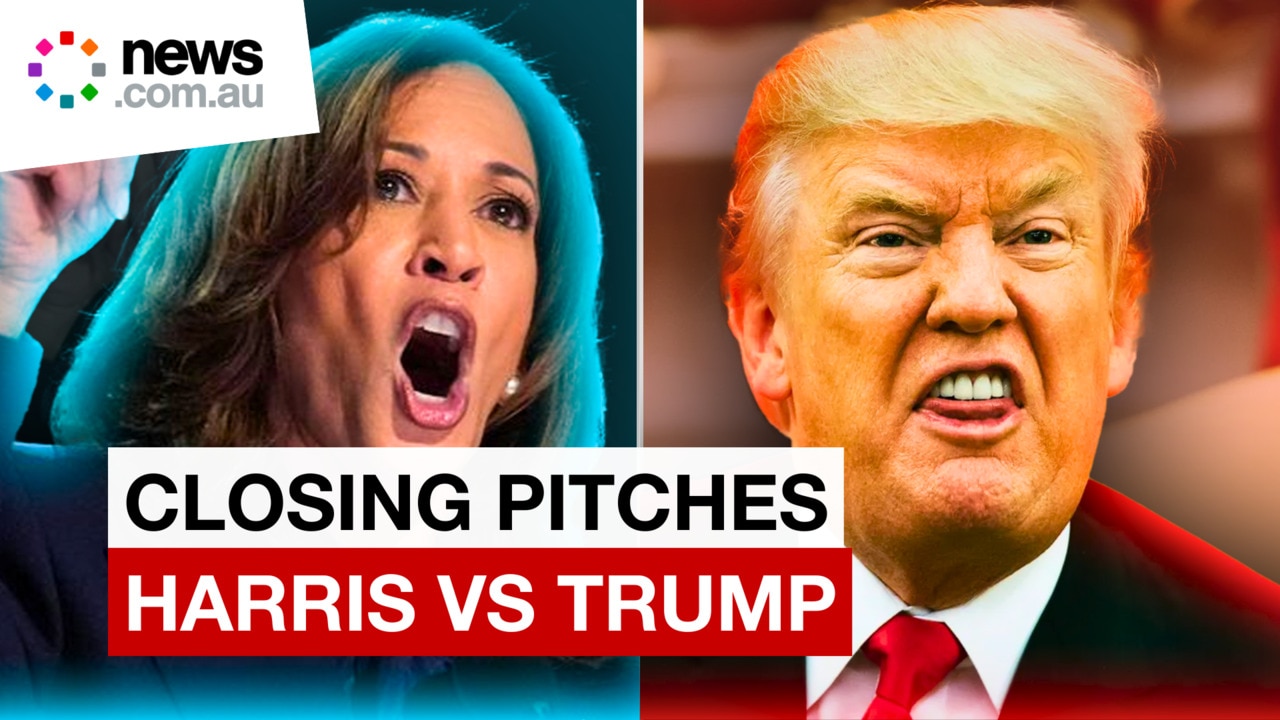
News
Don't miss out on the headlines from News. Followed categories will be added to My News.
The election of Donald Trump could see Ukraine effectively handed over to Vladimir Putin on a silver platter and embolden the dictator to declare war elsewhere in Europe, experts warn.
With polls showing the Republican candidate and former president is neck-and-neck with Democratic hopeful Kamala Harris, large parts of the world are nervously watching as America prepares to vote.
Jessica Genauer, a senior lecturer in international relations at Flinders University, said Ukraine’s very future hinges on whether Mr Trump wins the election.
“Trump claims he would be able to end the war quickly with a negotiated settlement,” Dr Genauer wrote in analysis for The Conversation. “There’s no evidence to suggest this is feasible.”
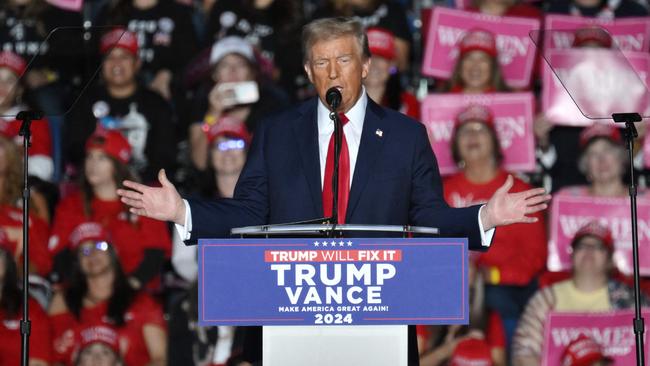
During his time in the White House, Mr Trump’s approach to diplomacy relied almost entirely on his relationships with world leaders, she said.
“He was also focused on achieving rapid and easy solutions to complex problems – with limited success.
“If elected, Trump would likely focus on his personal relationship with Putin, as well as his somewhat rocky relationship with [Ukraine’s president Volodymyr] Zelenskyy, to try to push a swift and decisive conclusion to the war.”
That “conclusion” would almost certainly favour Russia and cost Ukraine its independence, security and future stability.
In contrast, the election of Kamala Harris would give Ukraine the best chances of success – or at worst, the least risk of being wiped out.
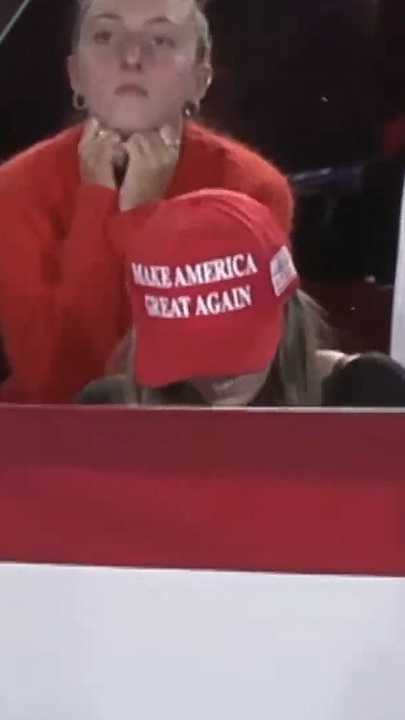
That reality has plenty of people across the globe concerned.
Mr Trump has previously described Putin’s invasion of Ukraine as “genius” and “very savvy”.
Legendary investigative reporter Bob Woodward’s bombshell new book claims Putin and Mr Trump have spoken privately seven times since he lost the 2020 election.
Mr Trump strenuously denies the allegation.
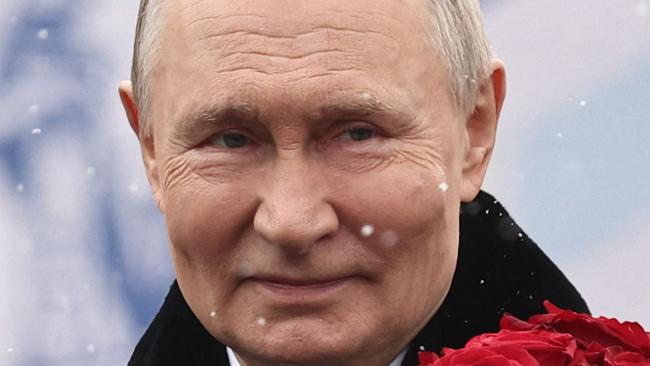
And the man himself furiously declared that those who claim he is a “friend of Russia” are “sick”.
“They love to say that I was a friend of Russia, I worked for Russia, I was a Russian spy — these people are sick,” Mr Trump told disgraced far-right media figure Tucker Carlson last month.
But Mr Trump’s overtures about the war have rattled Ukraine, leaders in Europe, and security and defence insiders in Washington.
A sign of what’s to come
Since the war began in February 2022, Ukraine has received more than US$278 billion (AU$422 billion) in foreign aid. Some $75 billion of that came from America.
Commenting on that significant spend, Mr Trump derided Ukraine’s president by calling him the “greatest salesman on earth”.
Republicans in Congress have fought hard against military and financial aid packages at his behest.
His running mate JD Vance has bluntly declared: “I don’t care what happens to Ukraine.”
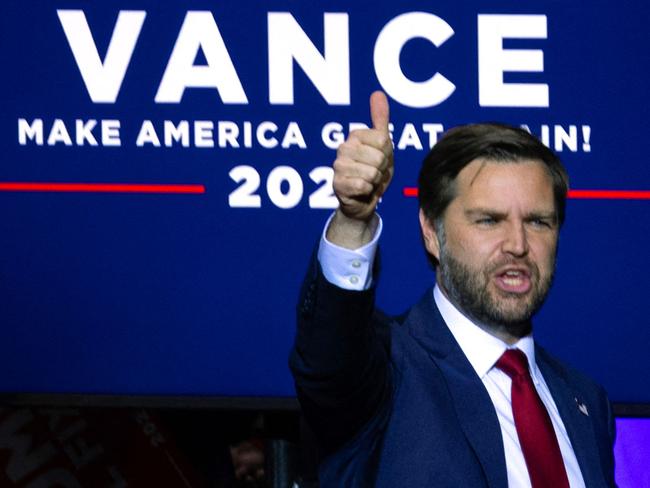
And Mr Trump has previously blamed Ukraine’s government for inciting Putin’s invasion, saying Mr Zelenskyy “should never have let that war start”.
“This should’ve been settled before it started,” he said in an appearance on the podcast PBD. “It would’ve been so easy.”
He did not elaborate on how.
Trump’s peace deal is to ‘surrender’
Mr Trump has boasted that he could end the war and negotiate a deal between Putin and Mr Zelenskyy in 24 hours. He has not explained how he would achieve such a feat.
But a report in the Financial Times late last month cited unnamed sources within the Trump campaign revealed that his strategy is to “freeze” Ukraine.
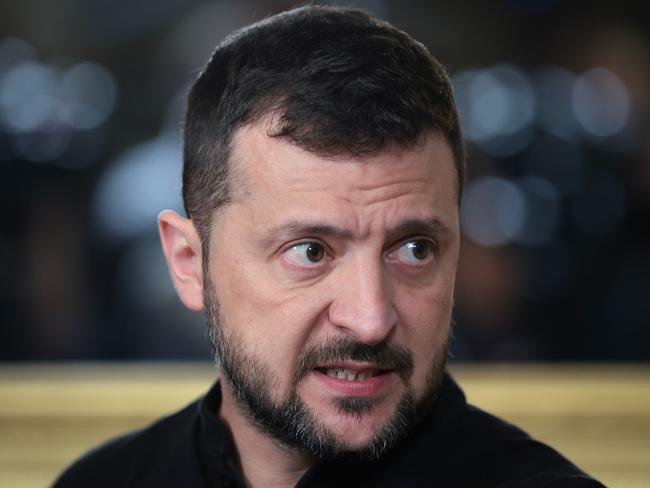
The country would be forced to give up its territory along the Russian border, which would become an “autonomous region” next to a demilitarised zone, in exchange for peace.
Kyiv would be left in diplomatic limbo.
A Trump White House would set clear and strict consequences for any breach of the deal, although the campaign insider told the Financial Times that it would have to be policed by European troops.
Although, those policing it would not be from NATO or the United Nations, the source clarified.
“There are two things America will insist on. We will not have any men or women in the enforcement mechanism. We’re not paying for it. Europe is paying for it.”
Putin would support Trump’s plan
Dr Genauer believes that Putin would likely accept such a proposal, which would be seen in Russia as “a victory” and a desperately needed political win domestically.
But she fears the ramifications of a “frozen conflict”.
“This could lead to a frozen conflict similar to the end of the Korean War, with a demilitarised zone like the one that separates North and South Korea today,” she wrote.
“This would leave Ukraine in perpetual territorial limbo with no security assurance for the future.”
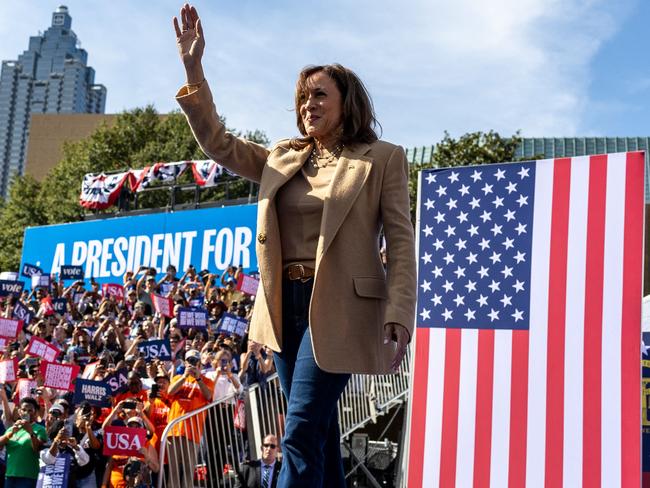
In Ukraine’s view, such a ‘strategy’ is tantamount to surrender and defeat.
Ukrainian politician Oleksandr Merezhko, chair of the government’s foreign affairs policy, told the Kyiv Independent that Mr Trump’s approach is “unrealistic”.
“This plan doesn’t look realistic because it implies the agreement of Putin, who is absolutely unreliable and not trustworthy when it comes to observing any agreements,” Mr Merezhko told the newspaper.
“At the same time, Putin, as of now, is not interested in negotiations and agreements. He still believes that he can win.”
The only option, he declared, is Ukrainian victory.
Broader war in Europe ‘within years’
There are fears that American capitulation to Russia and its victory over Ukraine would spell disaster for Europe.
A report in Reuters described “many European officials” as being worried about what a Republican win could bring in terms of security, global stability, and even the future of NATO.
“In recent weeks, Reuters spoke with more than 20 senior European officials about the impact on Ukraine of the US vote,” its sensational report from last week reads.
“Many spoke anonymously to discuss a vital ally. One theme dominated their comments – uncertainty, fuelled by what they cited as Trump’s unpredictability during his 2017-2021 first term.”
The shared fear is that “a [Russian] victory could embolden [Putin] to attack a NATO country”.
“A German spy chief warned this month Russia could be in a position to do so by the end of the decade at the latest”.
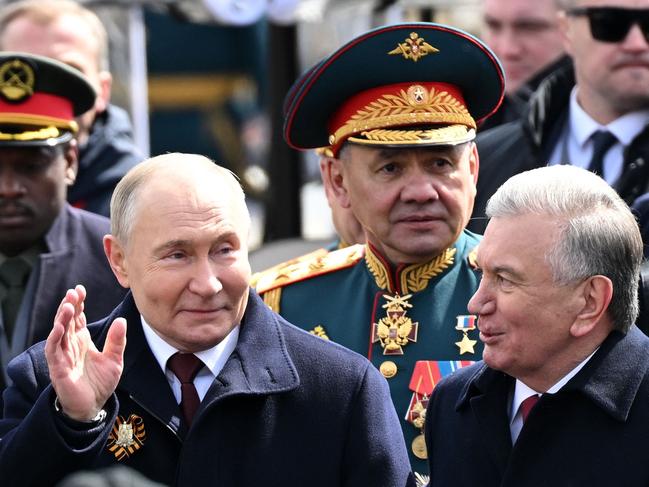
During his debate with Ms Harris, Mr Trump twice refused to provide a direct answer on whether he wants a Ukraine victory.
ABC News host David Muir, who moderated, said he had “a very simple question – do you want Ukraine to win this war?”
“I want the war to stop,” Mr Trump replied. “I want to save lives.”
Pressed again for a direct answer, he said: “I think it’s the US best interest to get this war finished and just get it done.”
Trump would make US ‘weak’
The only way Mr Trump could swiftly end the conflict as promised would be if he gave up the goat, Ms Harris has said.
“The reason that Donald Trump says that this war would be over within 24 hours is because he would just give it up,” she said during the debate.
Ms Harris told her rival that he had “what you think is a friendship with a dictator who would eat you for lunch”.
Professor Robert Orttung, an expert in international affairs at George Washington University, agreed with her perception.
“Trump has indicated a strong preference for Russia over Ukraine in both words and deeds,” Professor Orttung told Newsweek.
“But his policies are out of step with traditional US national interests and will create strong push-back across the political spectrum and from the intelligence and national security communities. These groups are rightly sceptical of Russian intentions.
“Under Trump, the US would appear weak, divided, and easily manipulated by dictators.”
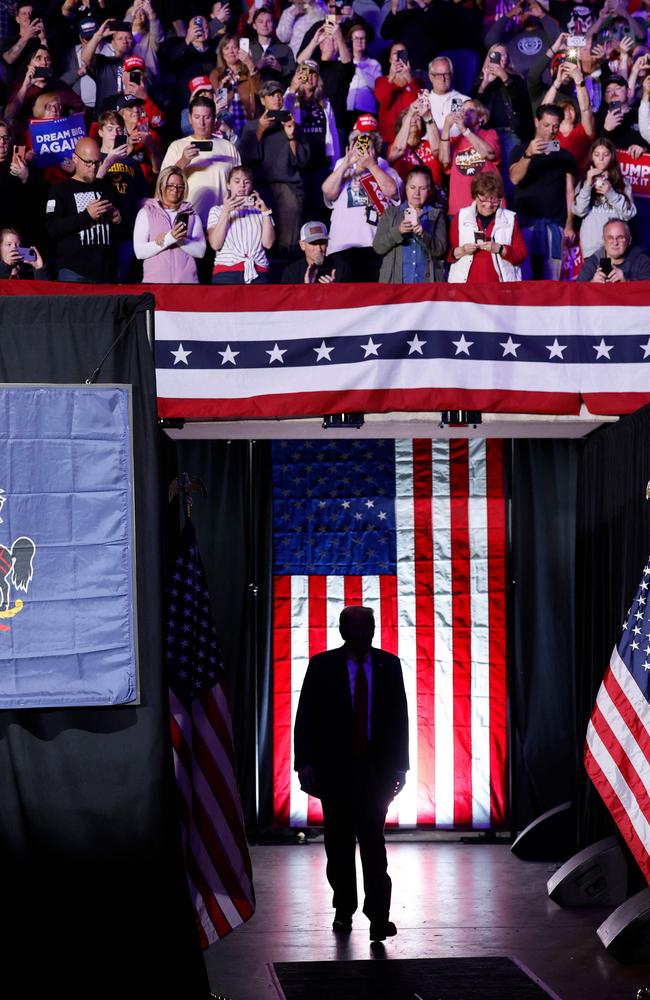
Putin has vowed that Ukraine would need to give up huge chunks of its territory and pledge not to join NATO – as a condition to merely begin peace talks.
Not all expectations are gloomy
Alexander Temerko, a Ukrainian-British business figure and political activist, who serves as a councillor at the Institute of Economic Affairs, is more optimistic of Mr Trump’s chances of success.
In an opinion piece published in The Hill yesterday, Mr Temerko declared that Trump “could be the engine of change that Ukraine needs”.
“Why? Because Trump wants peace, and a peace on his terms, not Russia’s.
“If he wins, Trump could achieve this by delivering an ultimatum to each side. To Ukraine, he would push President Volodymyr Zelensky to the negotiating table through the lever of US. support.
“To Russia, he could threaten exactly the opposite: An expansion of US support for Ukraine and withering economic warfare against Russia.”
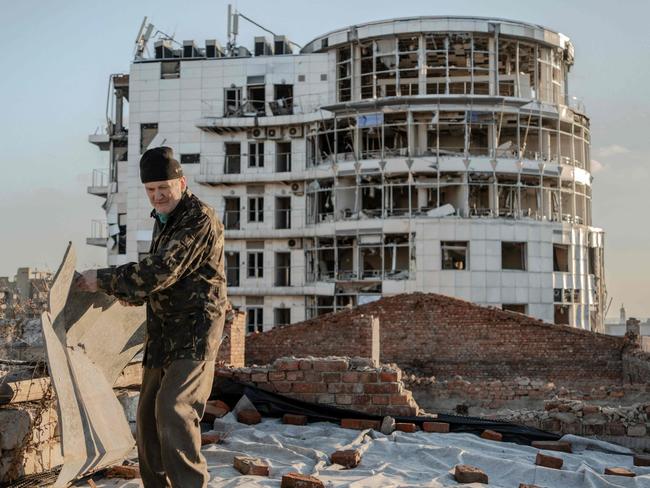
Such ultimatums would be “highly effective”, he added.
“To achieve the first stage of the ceasefire, and the breathing room, opportunity and security for Ukraine that would follow from it, Trump only needs to make a public offer — or ultimatum — to both parties.
“Russia and Ukraine would have no choice but to accept this condition. Everything else is catch-22 for them.”
Mr Trump’s opponents claim Putin and Russia are counting on him winning because he will bend to their will and give them what they want.
But BBC Russia editor Steve Rosenberg disputed that view, pointing out that he was far from a pushover during his first term in office.
Mr Trump imposed what were then the harshest-ever sanctions against Russia, Rosenberg pointed out, adding that many in the Kremlin were disappointed with him by the time he lost the 2020 election.
“Which is why, eight years on – publicly at least – Russian officials are more cautious about the prospect of a second Trump term,” he wrote in analysis for the British broadcaster.
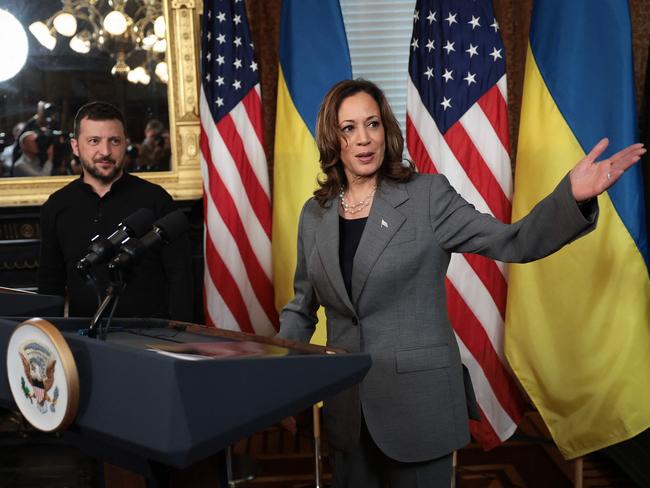
Rosenberg suggested a Republican victory might not be the preference of the Kremlin.
Instead, an outcome that would suit Putin is a particularly tight vote and objections from Republicans, and Mr Trump, about the legitimacy of the election.
“An America consumed by post-election chaos, confusion and confrontation would have less time to focus on foreign affairs, including the war in Ukraine,” he wrote.
Another hoped outcome is that Russia would hold firm and refuse to negotiate with Mr Trump or concede any ground, Simon Schlegel, senior Ukrainian analyst at the International Crisis Group, told Newsweek.
“There’s a bit of wishful thinking … that his foreign policy has been so erratic, and so guided by personal friendships and personal grudges, that if he would try to negotiate with Putin and Putin would let him run into a wall, then he would put all his support behind Ukraine.”
More Coverage
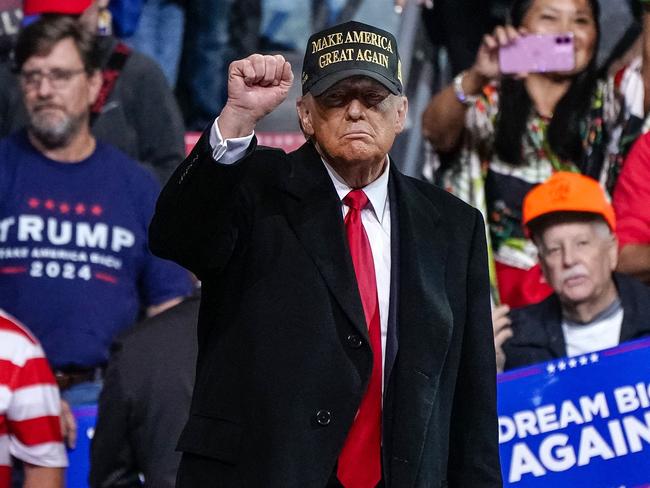
Originally published as ‘Frozen’: Dire outcome of a Trump win – Ukraine’s loss, Putin’s victory, war in Europe




